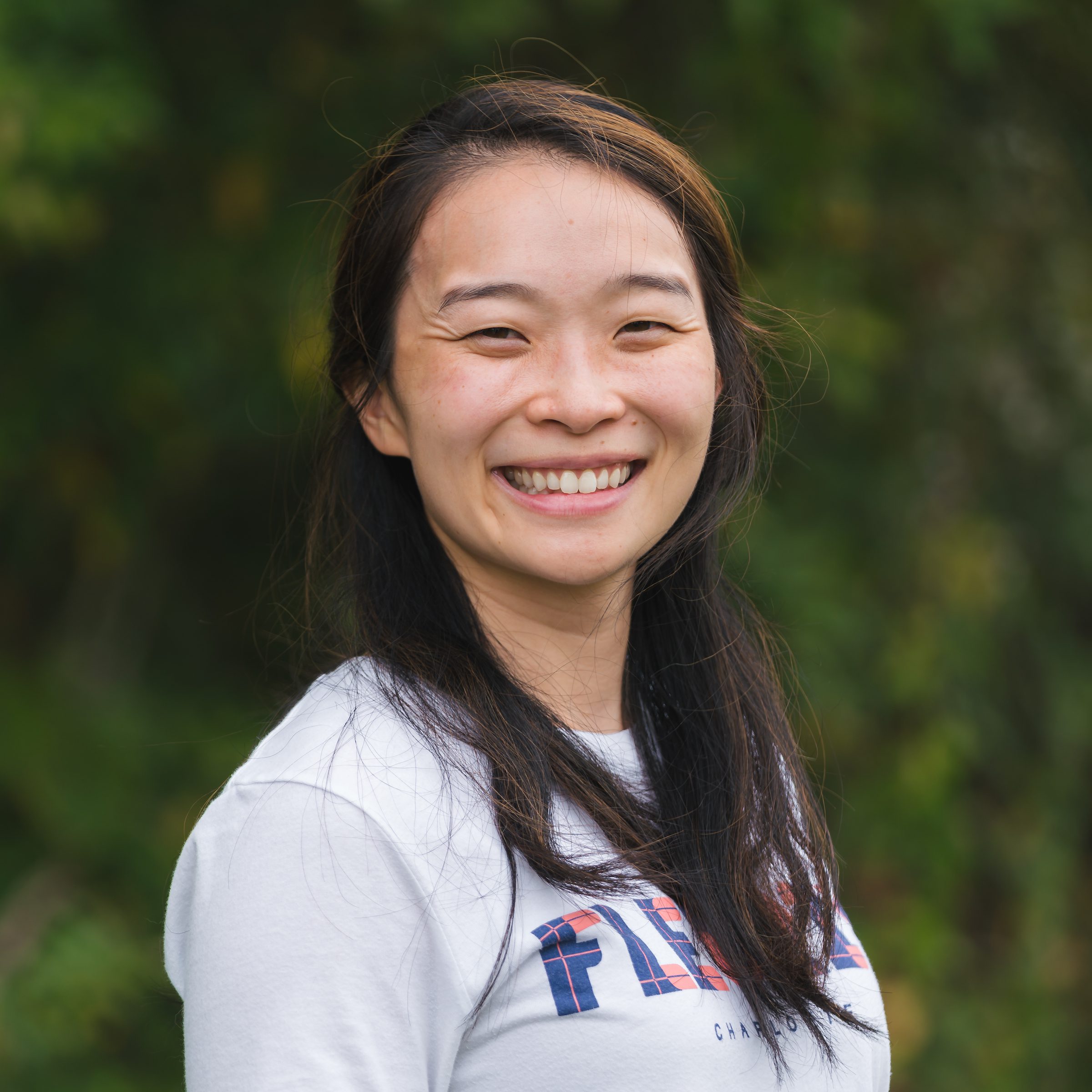Friday, February 11th was International Day of Women and Girls in Science. Women are often underrepresented in the sciences, but are important voices in building collaborative, diverse workforces that can solve complex issues facing our world today. To celebrate, Digi-Bridge will be highlighting some of the inspirational women working in science for our partners here in Charlotte.
As part of the series, we had the opportunity to interview Jocelyn Keung, who is an engineering manager at Honor, a San Francisco-based startup. Jocelyn leads a team of engineers in building an impactful product for improving at-home elderly care.
During her career, she has worked in research labs focusing on climate change, founded Fleurix, a conference for women+ in technology, and worked on many high-impact software engineering projects.
Why did you want to go into your field?
When I was nearing college graduation, I became aware of the widespread opportunities in technology. I had a strong background in math and science, but minimal experience in coding and computer science. I was hearing about really cool, high-paying jobs in tech…and also that most of the jobs were going to men. So I kind of willed my way into my first software engineering job and I ended up enjoying it a lot.
Who has been an inspiration to you or helped you in your professional journey?
Sara Blakely is someone I look up to as an innovative, generous, and determined entrepreneur. I love the story of how she started Spanx and some of the ways she got creative to help the company succeed. She inspires me to push the boundaries of what I think I’m capable of.
I feel particularly grateful to several people in my career that have given me the benefit of the doubt and assumed some risk on my behalf. Actions like giving me an initial interview when I didn’t have a computer science background, assigning me to challenging projects and trusting me not to fall on my face, asking me to speak at various events even though I have an introverted personality. In turn, I’ve tried to make the most of every opportunity that I’ve been given and also find ways to pay it forward to others.
What was your science education like? Are there are any particular lessons, teachers, or moments that stood out?
My mother gave me a strong head start on mathematics education from an early age (I remember drilling multiplication flashcards before I even started kindergarten). I’ve always found math and science to be closely connected, and my strong mathematics foundation helped me appreciate science more as I progressed through school. I took honors and AP science and math classes, but the highlight of my science education was being admitted to the NC School of Science and Math (NCSSM). NCSSM is a public residential high school for 11th & 12th grade students. It’s part of the UNC school system along with public universities like NC State University and UNC.
NCSSM is unique in that it brings students from all over the state together and the curriculum mimics college more than a typical high school. I was able to take specialized courses like organic chemistry, differential equations, molecular biology, ecology, genetics, epidemiology–the list goes on and on. Although there are some core required classes, students get to specialize in areas they’re interested in. Science labs were hands-on and conducted in state-of-the-art facilities.
I don’t remember many of the specific experiments that we ran, but the feeling of being immersed in a community that embraced all kinds of science was really impactful. Since then, I’ve definitely leaned into my “nerdier” interests that my younger self might have been embarrassed about.
There is often a bias towards men within the sciences. What do you think needs to be done in order to break this bias and empower more women and girls to go into these fields?
There are a few areas to focus on that can impact change. The first is awareness–is everyone equally aware of what STEAM careers look like? Or are we only dangling these opportunities in front of boys and young men?
Another area is instilling confidence. There’s a feedback loop of “I don’t see someone like me currently succeeding in that role, can I really do that?”. Since there is currently a lack of diversity in the sciences, it takes extra intentionality to pull in underrepresented groups. Finding and showcasing diverse role models is important. Creating comfortable and safe spaces to struggle and fail is important. And we also need mentors and sponsors that provide support and open doors for future scientists.
We need to acknowledge any systematic biases in order to sufficiently counteract them. On paper, most people will support diversity, equity, and inclusion initiatives. But actually driving change takes action, training, listening, and sometimes some uncomfortable conversations.
What is a fun accomplishment or memory from your time working in the sciences or from your science education?
Before I became a software engineer, I had the opportunity to work in several different research labs. In some of the climate change research that I’ve assisted with, I’ve worked with tree samples that are several hundred years old and sediment samples from the arctic circle. I also got to build a model for E. coli transmission in cattle which involved observing the behavior of cows on a pasture.

